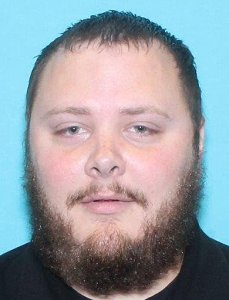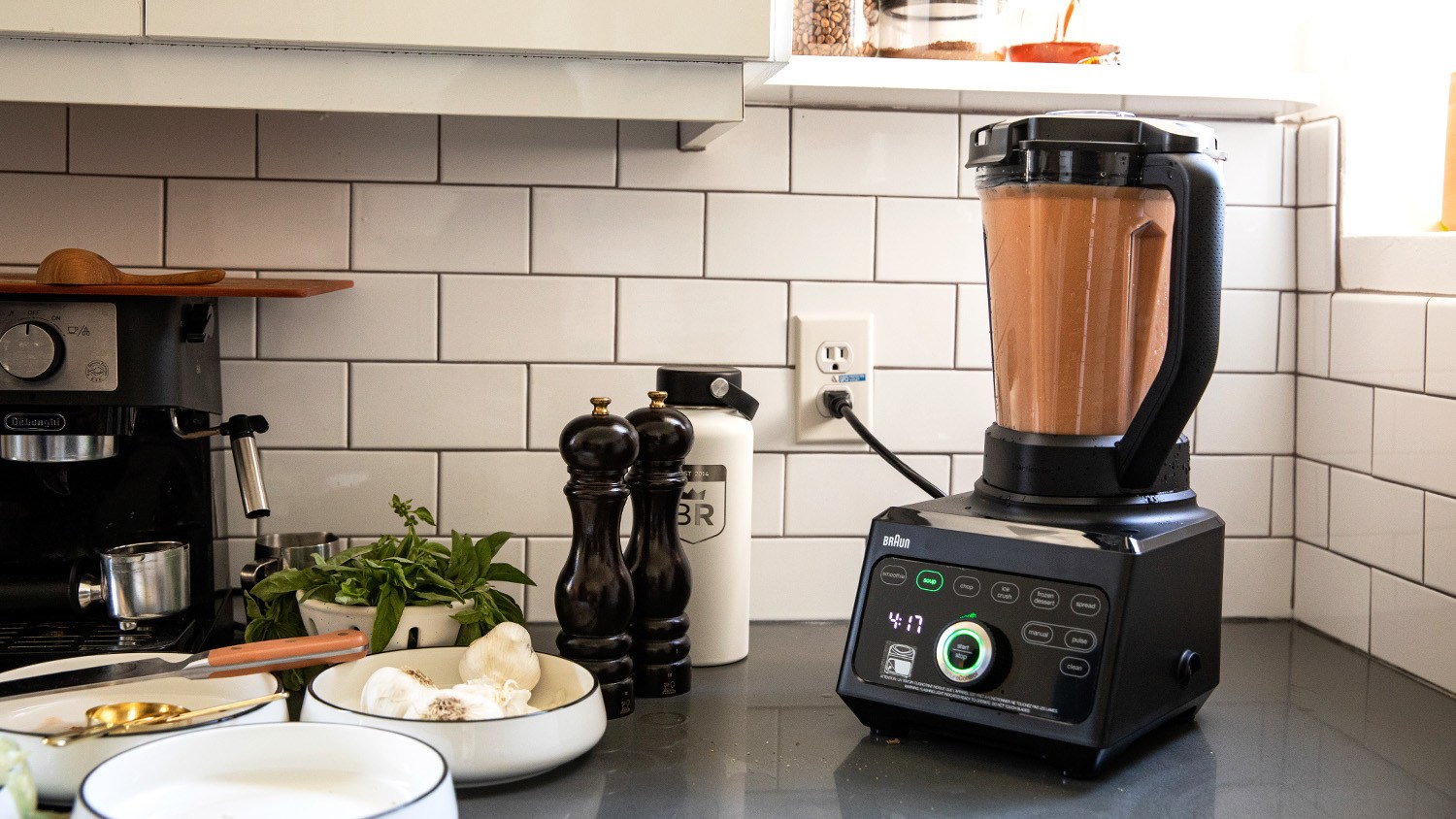The widow of the Sutherland Springs church shooter says the Devin Kelley who perpetrated the massacre isn’t the person she fell in love with, but rather, a broken young man who had lost his faith in God.

In a series of interviews with the San Antonio Express-News, Danielle Kelley said that she contemplated suicide after the killing spree in the one-traffic-light town outside San Antonio, but has since returned to the church where the shooting unfolded.
“No matter what, I will love him,” Danielle Kelley told the newspaper. “Even though he went off and ruined more people’s lives than I could ever imagine.”
‘We had no secrets’
She met her future husband when she was 13. He was 17. Theirs was a bond of shared hardships.
Adopted when she was four years old, Danielle Kelley was prone to cutting herself. She had been abused — including being scalded with hot water — before adoption, and a male relative sexually abused her after she was adopted. She tried to kill herself during her senior year of high school, she told the newspaper.
Devin Kelley had attention deficit hyperactivity disorder and confided in her that he had been bullied as a child. Classmates thought he was “creepy,” but she didn’t see him that way.
“We had no secrets,” Danielle Kelley said. “He only ever kept one from me.”
Devin Kelley joined the military in 2010, the year after graduating high school in New Braunfels, Texas. He and Danielle Kelley kept in touch, although he was married to another woman.
His time in the Air Force was marked with problems. He was caught sneaking weapons onto a New Mexico base. He threatened to kill his commanding officers and was sent to a mental health facility.
The Air Force eventually court-martialed him after he assaulted his then-wife and cracked his stepson’s skull. Though Danielle Kelley blames the boy’s injury on his first wife, Devin Kelley conceded in a video statement that he’d made a mistake.
He left her tied to a bed while he killed 26 people. But the widow of the Sutherland Springs church shooter says she will always love him. https://t.co/uWxMYJnpXS pic.twitter.com/cDXhCGJBI0
— CNN (@CNN) August 13, 2018
‘Devin was sick’
After the Air Force, Devin Kelley was easily upset, Danielle Kelley told the newspaper. He’d yell and swear, and she’d block him from contacting her phone.
He always apologized, and she always unblocked him. Her adoptive mother, Michelle Shields, said this was a theme: Devin Kelley would be controlling and abusive, and Danielle Kelley would either accept it or act as if it hadn’t happened. Danielle Kelley told the newspaper she would defend Devin Kelley if Shields tried to intervene.
After they married in 2014, Devin Kelley accompanied her everywhere. He’d tag along on every errand and pick her up and drop her off from her job as a cashier.
“It was frustrating,” Danielle Kelley said. “But you would be surprised, when everything’s gone, how much I miss it.”
About six months before the November 2017 massacre, Devin Kelley grew more depressed. His temper got shorter. Fights were common. He abused his anxiety medication and never wanted to go outside, Danielle Kelley said.
In April 2016, he bought an assault-style rifle and began accumulating clips that hold more than 30 bullets.
On the rare occasion Danielle Kelley could convince him to go to church, he would laugh during sermons. He became an atheist and told her that if God existed, he wouldn’t let the couple endure so many hardships.
“Devin was sick. He lost who he was. Because the real Devin would’ve never hurt babies. He was a family person. He would never have hurt anybody,” Danielle Kelley told the Express-News. “He lost the touch of reality.”
‘I’ll be right back’
On the morning of November 5, Devin Kelley took his wife into the bedroom, where their 2-year-old son, Michael, watched his father tie his screaming mother to the bed with rope, handcuffs and duct tape, Danielle Kelley said.
He kissed 5-month-old Raeleigh and told Michael, “I’ll be right back,” Danielle Kelley said. Devin Kelley grabbed his Ruger AR-556 and two handguns. He donned tactical gear and a bulletproof vest.
“You get a sense of what’s going to happen,” Danielle Kelley told the newspaper. “Because no one just leaves in all-black attire with a ballistic vest.”
Among the 26 people he killed at the First Baptist Church that day were Danielle Kelley’s friends, people she admired, children she once babysat.
No one seems to know exactly what set off the murder spree, but when Devin Kelley first walked into the church, he seemed to be aiming for the corner of the sanctuary where Shields usually sat. She wasn’t there that day.
“If it was only me that could’ve died and everybody else could’ve been alive, I would’ve gladly taken that,” Danielle Kelley said.
Devin Kelley called his parents and wife after the killings. He had previously told his parents to go to his home because Danielle Kelley was there and needed help. They begged him to stop.
“He was like ‘I can’t, I’ve killed so many people. So, so many people,'” Danielle Kelley recalled. “He kept saying how sorry he was.”
Return to First Baptist
A neighbor, Stephen Willeford, shot Devin Kelley with an AR-15 semiautomatic rifle, then chased him in a car. Devin Kelley drove his Ford Expedition into a ditch and called his wife and parents again.
He told them he wasn’t coming home but that he loved them — before shooting himself in the head.
“How could you leave me with two kids to raise?” Danielle Kelley said she asked in the days after the shooting. “And how could you destroy so many other people because you couldn’t face things in life?”
She said she doubted her belief in God for a time, but has since returned to First Baptist Church, where Shields says she has been welcomed back.
“Nobody truly knows somebody,” Danielle Kelley told the newspaper. “You can live with that person and love that person for years, and you still cannot truly know that person because you can’t know their inner thoughts and feelings.”
She hopes her story emboldens others to shake off the stigma of therapy and seek help when they need it.
“I wish people had more compassion and for people, to take things seriously when somebody says they don’t want to live anymore. Or little factors that say, ‘You’re not the same person,'” she said. “Because it’s OK to get help. It won’t mean that you’re different; it just means that you need a little extra love in life.”












